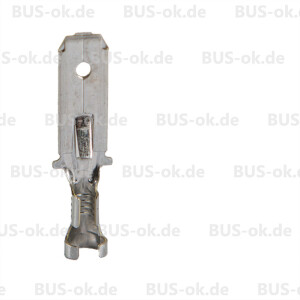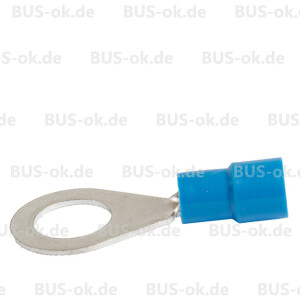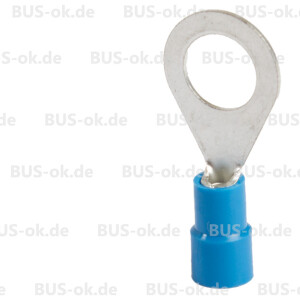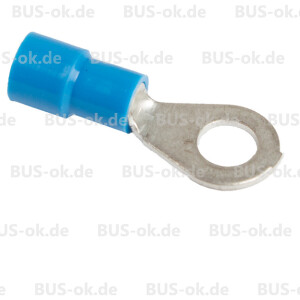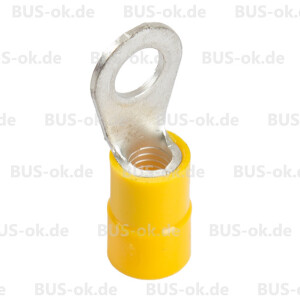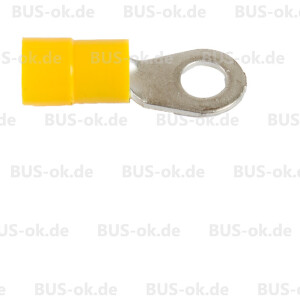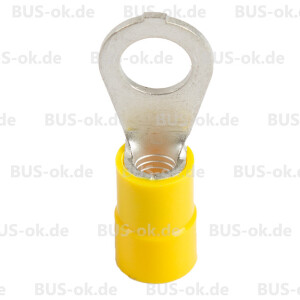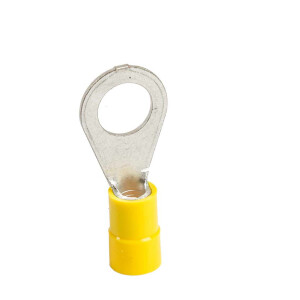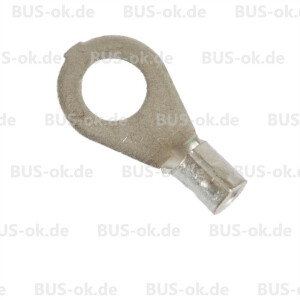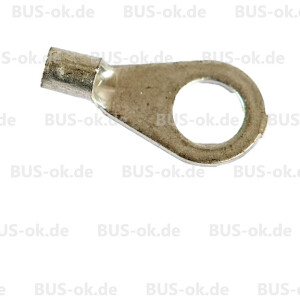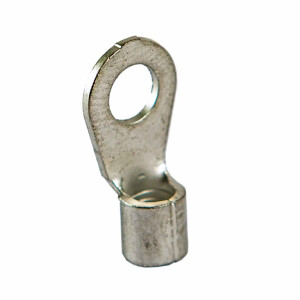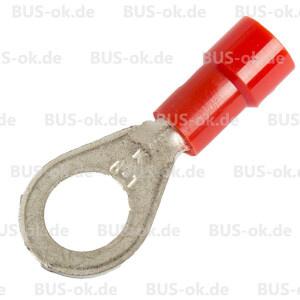T3-1980-1992
Ihr Shop für T3 und T3 Teile bietet auch Buskissen, unsere...
Ihr Shop für T3 und T3 Teile bietet auch Benzinpumpen,...
Produkten die we zelf hebben laten maken, omdat ze simpelweg...
Ihr Shop für T3 und T3 Teile bietet Anlasser, Antennen,...
- T3 Batterieteile
- T3 Rückleuchten
- T3 Antennen
- T3 Innenleuchten
- T3 Gebläse und Heizung
- T3 Gleichstromlichtmaschine und Drehstromlichtmaschine
- T3 Lichtmaschinenregler
- T3 Kabel, Kabelschuhe und Zubehör
- T3 Nummernschildbeleuchtung
- T3 Scheinwerfer und Blinker
- T3 Leuchtmittel und Leuchtmittelsätze
- T3 Zündung
- T3 Scheibenwischer und Reinigungsanlage
- T3 Schalter und Relais
- T3 Anlasser
- T3 Keilriemen
- T3 Sicherungskästen
Ihr Shop für T3 und T3 Teile bietet Anbauteile für den...
Ihr Shop für T3 und T3 Teile bietet auch Bekleidung,...
Ihr Shop für T3 und T3 Teile bietet auch...
Ihr Shop für T3 Ersatzteile und Zubehör bietet auch...
- T3 Aschenbecher
- T3 Armaturenbrett und Ablagen
- T3 Türgriffe und Schlösser
- T3 Türverkleidungen und Zubehör
- T3 Gurte und Zubehör
- T3 Vorhänge, Gardinen und Zubehör
- T3 Himmel
- T3 Gepäckstangen und Jailbars
- T3 Kinderbett
- T3 Schlafsitzbänke
- T3 Sitze und Zubehör
- T3 Stoffe und Kissen
- T3 Fußmatten und Teppiche
- T3 Sonnenblenden und Zubehör
Niets zo vervelend als het vinden van de juiste maat schroef,...
Ihr Shop für T3 und T3 Teile bietet auch Kolben, Zylinder,...
Ihr Shop für T3 und T3 Teile bietet auch Gaszüge,...
Ihr Shop für T3 und T3 Teile bietet auch...
- T3 Ecken
- T3 Heckblech
- T3 Heckklappen
- T3 Stoßstangen
- T3 Dach und Regenrinne
- T3 Armaturenbrett
- T3 Tür
- T3 Türgriffe und Schlösser
- T3 Innenschweller und Außenschweller
- T3 Frontblech
- T3 Kniestücke
- T3 Motorklappe
- T3 NOS Karosserieteile und Einzelstücke
- T3 Pritsche und Doppelkabine
- T3 Reparaturbleche
- T3 Schiebedach und Schiebedachzüge
- T3 Schiebetür und Zubehör
- T3 Beplankung LLE, Multivan und andere
- T3 Bodenblech
- T3 Radlauf hinten
- T3 Seitenteile
- T3 Chassis
Ihr Shop für T3 und T3 Teile bietet auch Bremsbacken,...
Ihr Shop für T3 und T3 Teile bietet Fensterdichtungen,...
Ihr Shop für T3 und T3 Teile bietet auch Scheiben,...
Ihr Shop für T3 und T3 Teile bietet auch Komplettsets, z....
Ihr Shop für T3 und T3 Teile bietet auch Aufkleber für...
Ihr Shop für T3 und T3 Teile bietet auch Fahrwerksfedern,...
Ihr Shop für T3 und T3 Teile bietet auch Abgasanlagen und...
- T3 1,6 L Diesel, 50 PS Motor CS
- T3 1,6 L Turbo Diesel, 70 PS Motor JX
- T3 1,6 L luftgekühlt ab 06/79 Motor CT
- T3 1,7 L Diesel, 57 PS Motor KY
- T3 1,9 L WBX bis 07/85 Motor DH DF DG
- T3 2,0 L luftgekühlt ab 06/79 Motor CU
- T3 Edelstahl Auspuff und Anbauteile
- T3 Standheizung
- T3 WBX 1900ccm, 82PS Motor DF DG
- T3 WBX 2100ccm, 112 PS Motor DJ
- T3 WBX 2100ccm, 92 - 95 PS MotorMV SS
Ihr Shop für T3 und T3 Teile bietet Antriebswellen,...
Ihr Shop für T3 und T3 Teile bietet auch Teile für die...
Volkswagen Transporter der dritten Generation T3 Ende 1979 wird die dritte Bus-Generation produziert, offiziell heißt der Neue nun T2-Modell `80, aber die Bezeichnung T3 setzt sich letzendlich durch. Der ebenfalls noch heckgetriebene und vorerst noch luftgekühlte Bus war ein völlig neu entwickeltes Konzept von VW. Der Radstand und die Gesamtlänge wurde größer, die Breite wuchs um fast 13cm, der Motorraum wurde um 20cm niedriger. Ab Werk wurden direkt eine Pritsche, eine Doppelkabine, ein Kasten, ein Kombi, ein L-Bus, ein Rettungswagen und einen Campingwagen (Westfalia) angeboten sowie ein Feuerwehrbus in verschiedenen Ausstattungsvarianten. 1981 wurde der erste Dieselmotor angeboten, ein Jahr später wurden die Luftgekühlten durch die WBX-Motoren ersetzt. Es folgten weitere und stärkere Benziner und Diesel, insgesamt 10 wassergekühlte Motoren wurden angeboten. Wie auch die beiden Vorgänger T1 und T2 wurde der Neue ein beliebter Reisebus, es wurden außer von VW und Westfalia Umbauten von Reimo, Dehler, Weinsberg oder Carthago angeboten. Volkswagen führte 1985 den Multivan ein, der deutlich in Richtung Freizeitnutzen ging: Sechsitzer, Klapptisch, zur Schlafbank umklappbare Rücksitzbank, Gardinen und Kühlbox sind nur einige Ausstattungsmerkmale. Die VW-Campingbusse hatten bis Herbst 1983 die Bezeichnung Camping, danach gab es Joker, Club-Joker, California und Atlantic. Eine weitere Besonderheit des T3 wurde ab 1984 produziert, allerdings ausschließlich in Österreich: Der allradgetriebene Syncro brachte Waldarbeiter, Bauarbeiter und Fernreisende über Stock und Stein. Zum endgültigen Auslaufen der Baureihe 1992 brachte Volkswagen noch eine Last Limited Edition auf den Markt, eine auf 2500 Stück limitierte Auflage des T3, ausschließlich in Rot und Dunkelblau. Die Nummer 2500 steht heute im Automuseum in Wolfsburg.





